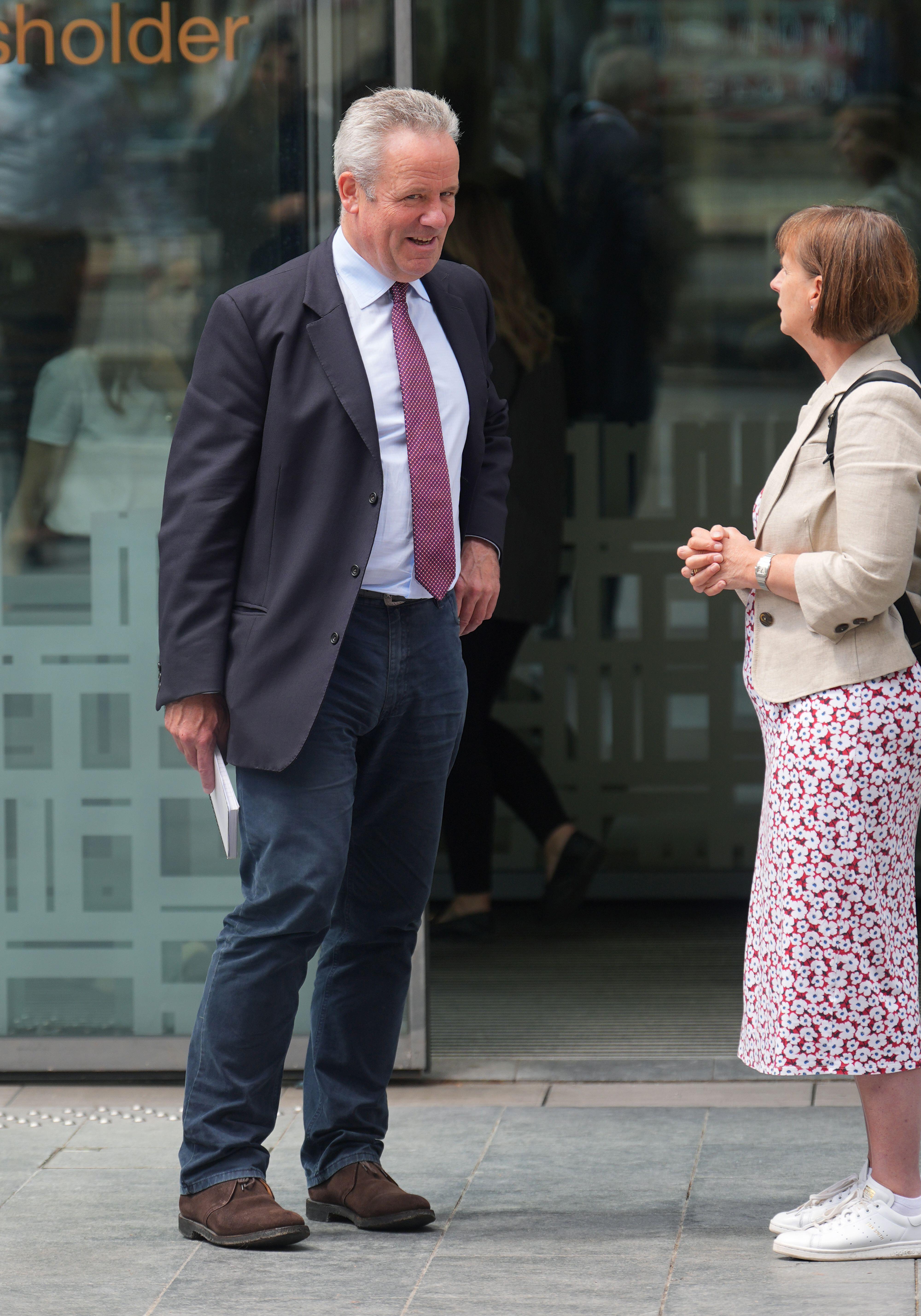Thames Water: Ofwat cuts could risk recovery
The boss of the UK’s largest water provider has warned that the regulator’s planned cuts to its spending plans could “prevent the turnaround and recovery” of the crisis-hit business.
Chris Weston, chief executive of Thames Water, said Ofwat’s proposals would mean the utility’s business plan for 2025 to 2030 would not be backed by investors and was “therefore not deliverable”.
The business, which is heavily indebted and risks being nationalised, said on Wednesday that it wants to increase bills for customers by 52 per cent, or £18.99 a month, to an average of £666.50 by 2030 to fund improvements, including the treatment of wastewater.
In July, Ofwat told water companies they would be allowed to increase average bills by an average of 21 per cent over the next five years, not as much as the companies say they need to modernise infrastructure, accommodate UK population growth, and tackle climate change-induced droughts and storms.
Thames Water has been told it could increase bills by 23 per cent over the five years to 2030. It had originally asked for 40 per cent.
In a statement to the market on Wednesday, Thames Water said it had “significant concerns” about the watchdog’s proposals, which it said would mean a 25 per cent decrease to its proposed expenditure. It said Ofwat had set “unachievable” wastewater targets and cut its proposed expenditure on this issue in half, leaving it exposed to the risk of more fines.
Utility companies are facing fierce criticism over sewage spills that are polluting the country’s waterways, which have drawn attention to the industry’s ageing infrastructure.
Thames Water’s crisis is seen as emblematic of broader mismanagement of the industry, with growing anger over the dividends enjoyed by the owners of Britain’s water utilities since privatisation, as well as the debts that have been piled on these businesses and their poor performance.
The provisional decision from Ofwat, the regulator for England and Wales, cut back companies’ five-year spending proposals and limits bill increases. The plans form part of the regulatory price review, which dictates companies’ business plans and the returns their investors can expect between 2025 and 2030.

Companies had asked Ofwat for permission to spend £104.5 billion combined, which would have involved an average increase in household water bills of £144 over five years. The regulator, however, significantly cut back these plans in its “draft determination” last month, when it proposed £88 billion of spending and that the average increase to bills over the period should be capped at £94.
Ofwat’s plans, which are due to be finalised in December, include more demanding performance targets for utilities and therefore a higher likelihood of financial penalties for missing them.
Thames Water said Ofwat’s plans for its spending on tackling wastewater “expose the company to disproportionate penalties and excessive downside risk, impacting investability and ultimately our ability to deliver better infrastructure. This is clearly an area of concern for our customers and it is important that this is addressed before the final determination.”
Water UK, the trade body that represents the sector, has also said the plans risk driving away equity investors.
Weston said: “The money we’re asking for from customers will be invested in new infrastructure and improving our services for the benefit of households and the environment. They are not being asked to pay twice, but to make up for years of focus on keeping bills low.”
Sir Adrian Montague, chairman of Thames Water, said: “After decades of focusing on keeping bills low, now is the time for difficult choices. It’s the responsibility of the company, our regulators and the government to seek solutions in the best interests of customers and the environment.”
A spokeswoman for Ofwat said: “We have received responses from many organisations, including water companies, customers, environmental and consumer organisations, and investors. Inevitably these reflect a diverse range of views on the proposals we have made. We will consider all of these responses carefully over the next three months and set out our final decisions on December 19.”






